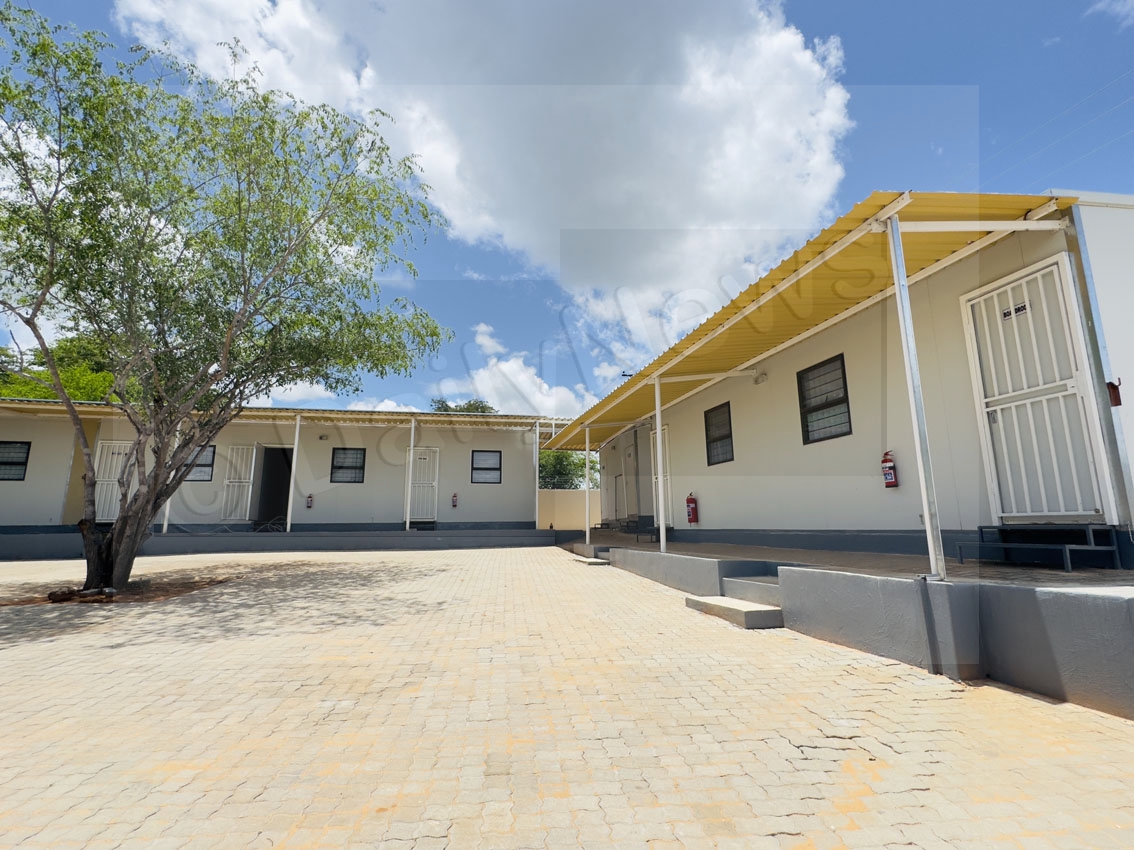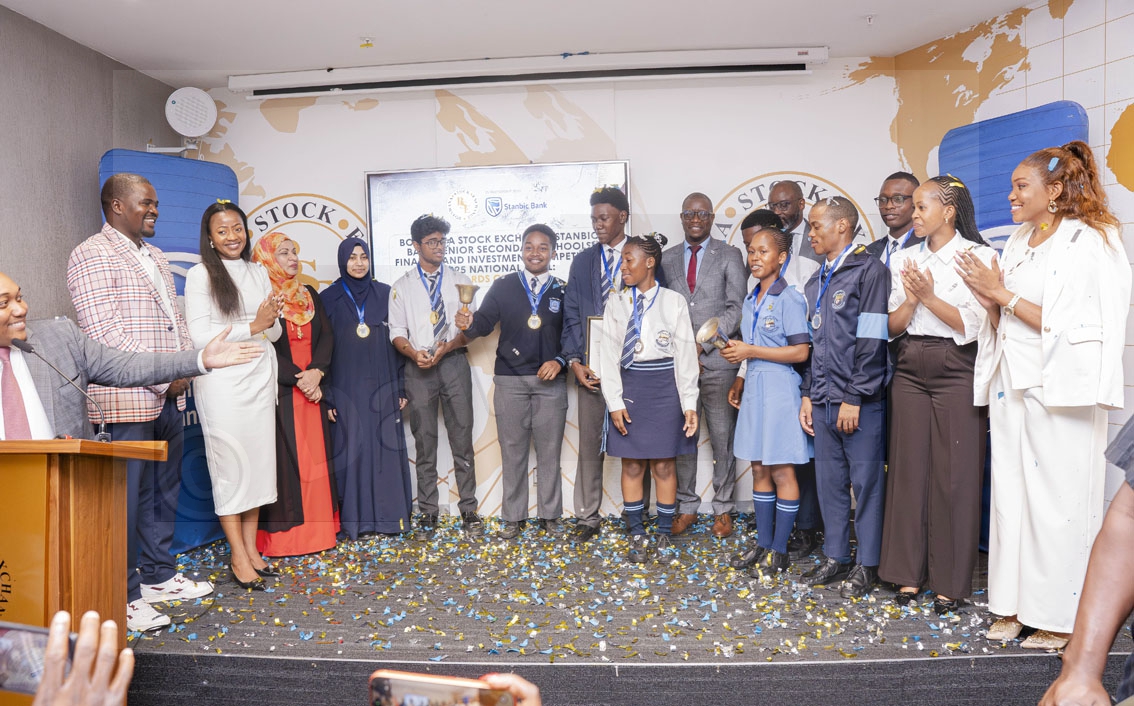Hambukushu Cultural village attracts masses
29 Jan 2024
To unwind from the usual frantic contemporary lifestyle, the Maun based Hambukushu Cultural Village is your plug, for its relaxing ambiance.
Situated at Matlapana ward in Maun, the village will not only give one the break from the city’s hustle and bustle but a taste of Hambukushu existence.
Named after the Hambukushu tribe, popular for growing millet, the recently renovated Hambukushu Cultural Village has become more appealing, offering a unique and memorable visitor experience, making it a key tourist attraction of choice and development initiative.
Established to facilitate tourism related to culture and history to diversify the region’s tourism away from wildlife, the village displays all aspects of village life in one place and some other activities undertaken included basket weaving, traditional dances and songs and many more.
The Hambukushu village has become irresistible to many with its traditional mud buildings and thatched roundavells decorated with African touch or art and culture.
Owned by the Maun renowned basket weaver, Ms Thitaku Kashona the facility is indeed a refreshing stop for tourists on their way to the famous Okavango Delta and Moremi Game Reserve.
In an interview, Ms Kashona confirmed that the facility had become vibrant and distinctive on daily basis as they received tourists locally and internationally adding that the facility was indeed a perfect place to get introduced to Hambukushu local culture and lifestyle.
Some tourists, she said, came to the place for the sole, reason of experiencing total village life while some were on transit to the prestigious delta, citing that the place was dedicated to preserving and promoting the rich original culture of the Hambukushu tribe as well as providing economic opportunities for locals.
“Through this cultural village I wanted to diversify the tourism product offered in our region because many travellers came from all over the world to Maun airport to be taken into plane or safari vehicle into the delta and rarely experience our lifestyle.
They were only offered game drives and boat cruises which resulted in short stay and limited opportunities for locals” she added.
Ms Kashona is of the view that in safari experience, travellers had to also interact with local communities, exchange ideas, learn more history, tradition and cultural customs and also have a taste of traditional food, drinks, dance and games.
By so doing, she said, that could result in providing economic opportunities for local people, creating a sustainable tourism product adding that the facility also helped market arts and crafts industry.
The facility also offered visitors an opportunity to spend time to interact with basket weavers and learn how to make unique baskets.
Ms Kashona noted some tourists wanted to return home with souvenirs and appreciated the support she got from some safari companies which brought tourists to the place to reap the full cultural, heritage and traditional experience of the Hambukushu tribe.
“My tourism initiative is thriving as some travellers consider culture to be their main goal of vacation and cultural tourism is certainly here to stay and will continue to play an important role in the travel industry going forward,” she added.
The facility, she said, also served as a recreational park citing that many locals booked it for activities such as parties, family gatherings, some visit it to have a taste of traditional cuisine while other relax listening to local story tellers and watching traditional dance and play traditional games.
Ms Kashona is working with a group of local women passionate about their work and eager to offer a unique cultural experience while contributing to the local economy.
However, she appealed to other communities to take pride in their culture and explore the cultural tourism saying it attracts travellers as they come and experience local cultures which give them the opportunity to appreciate and improve their understanding of them.
Cultural tourism, she said, incorporated socio-cultural, economic, environmental aspects and traditions of societies. Ends
Source : BOPA
Author : Esther Mmolai
Location : Maun
Event : Interview
Date : 29 Jan 2024





